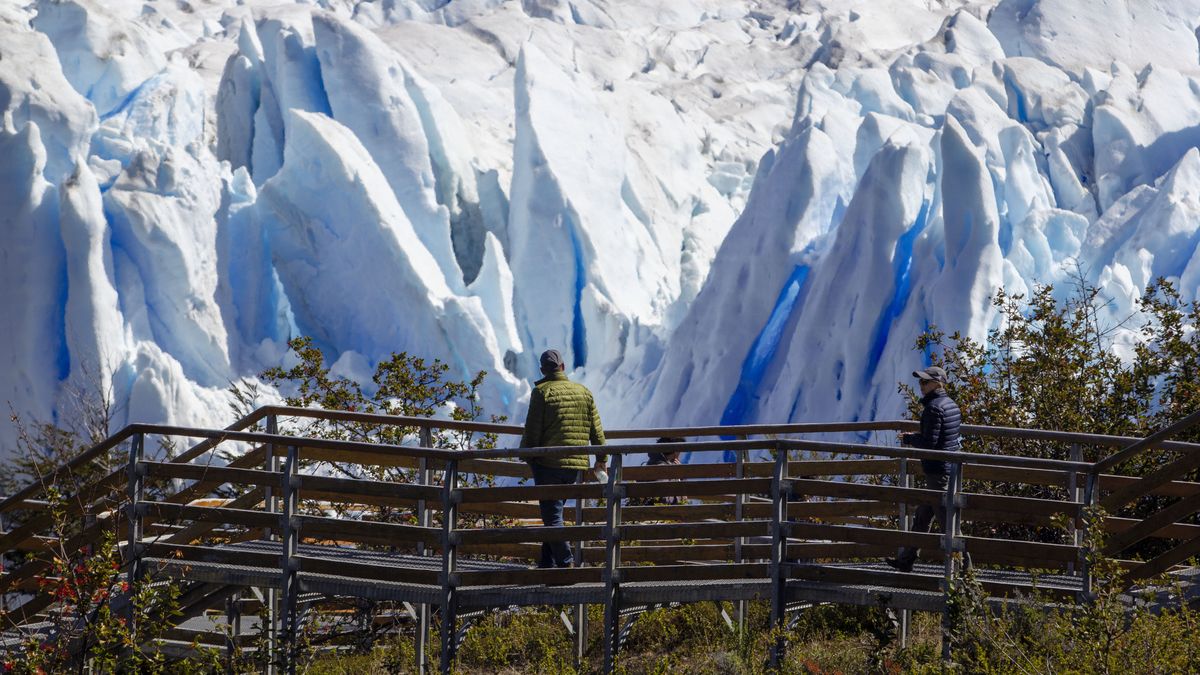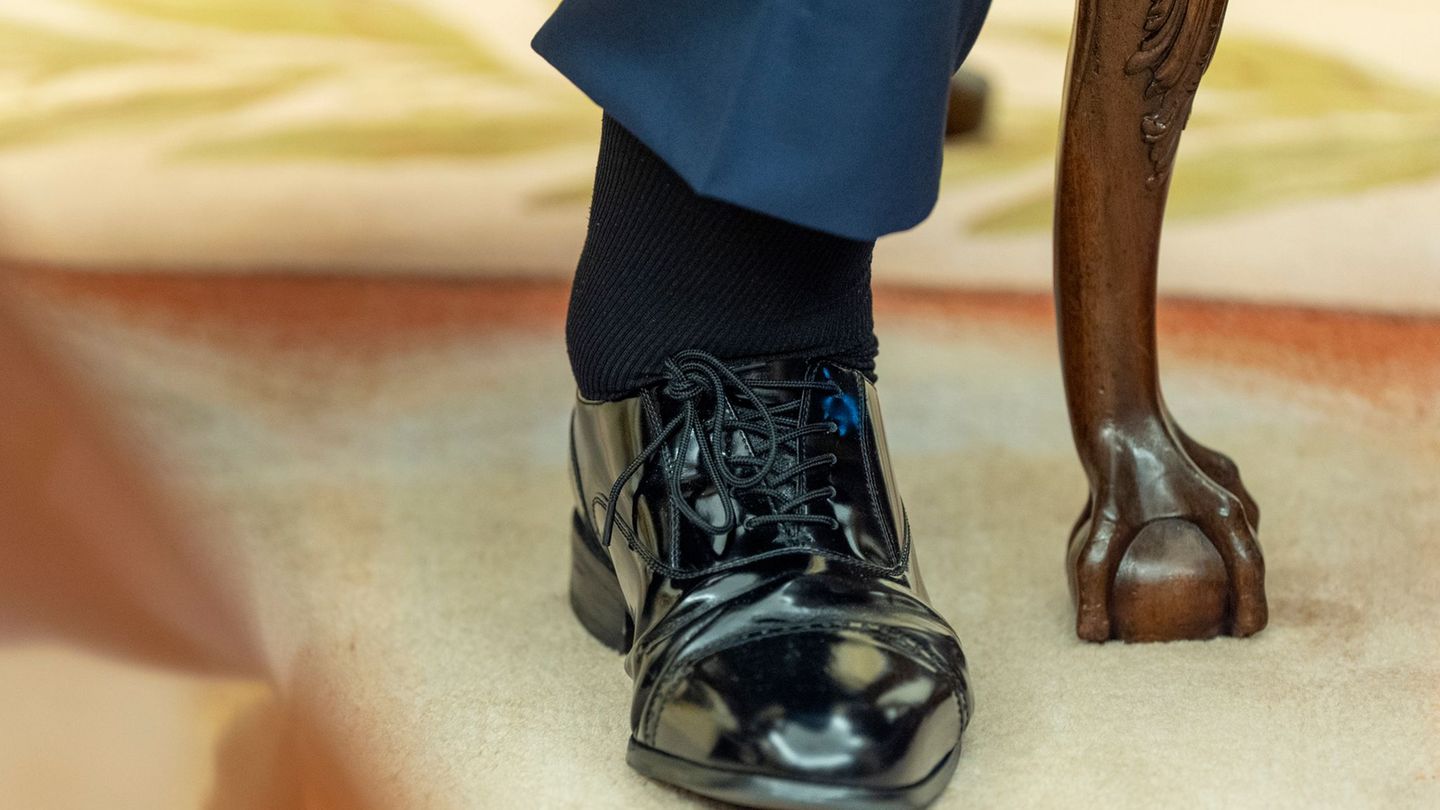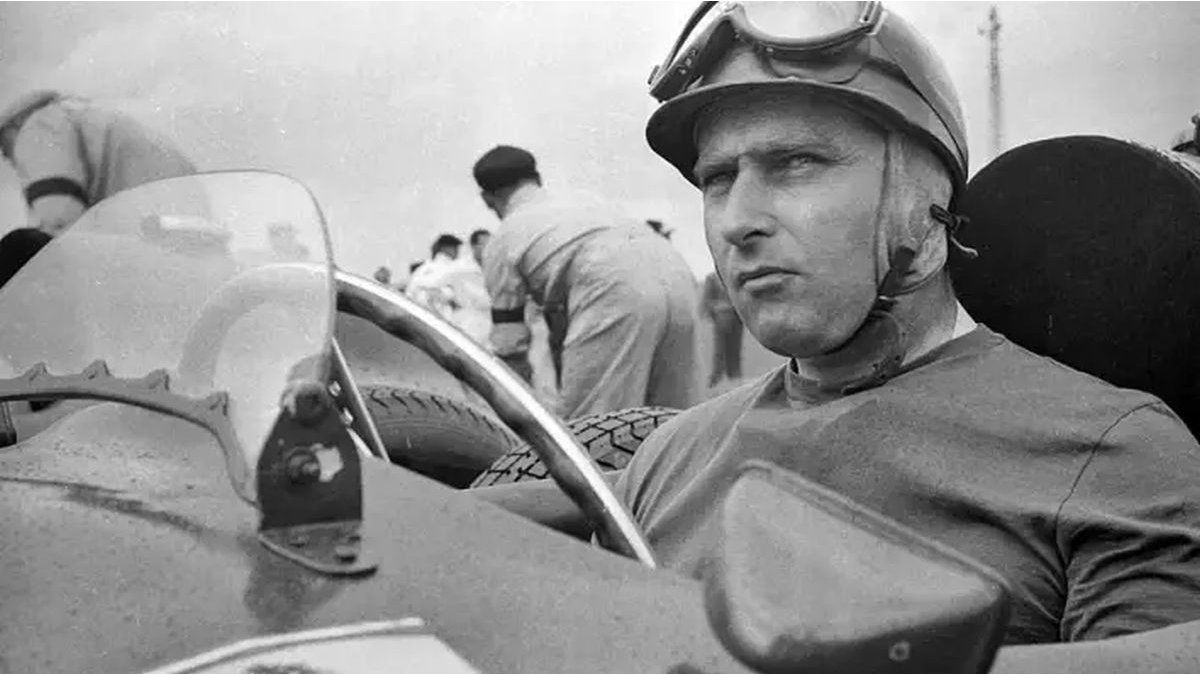It was the penultimate long holiday of the year, and the one that is usually interpreted as a foretaste of summer. That is why it was taken with great enthusiasm by the sector. The low levels of contagion and the Pre-trip program were two determining factors in the mini vacations, but also the accumulation of a long time without traveling.
In total 1,650,000 tourists were mobilized, 55.7% more than in the same long weekend of 2019. The increase is explained both by the families’ need to travel after so long in confinement, and because this year the holiday had one more day. With a daily expenditure of $ 2,700 each and an average stay of 3.3 days, tourists spent $ 14,701.5 million directly, 334.5% more than in 2019.
2,623,500 hikers completed the weekend, traveling from one city to another to spend the day. With an average spending of $ 1,150 per capita, it is estimated that they spent $ 3,017 million directly.
The climatic conditions were varied, with clouds, sun and rain forecasts in some destinations. But none of that held back decisions to travel.
The routes were overflowing with cars and buses. The same as the terminals and airports. In the case of the routes, the lower supply of flights had an impact and that the trucks did not respect their traffic restrictions at the beginning of the holidays. The exits of the City of Buenos Aires were collapsed Thursday and Friday, and on the routes to the Atlantic Coast, the governor of the Province of Buenos Aires ordered the lifting of tolls due to delays due to the intense movement.
Nine provinces were fully occupied. They were Córdoba, Mendoza, Entre Ríos, Salta, San Luis, Chubut, Catamarca, Jujuy and Corrientes. While the main destinations were: Bariloche, Iguazú, Mar del Plata, Villa Gesell, Ushuaia, Calafate, Salta, Villa Carlos Paz, Mendoza, Puerto Madryn, the Partido de la Costa, San Martín de los Andes, San Salvador de Jujuy, and Gualeguaychú.
The need for families to travel again was very noticeable. It could even be observed that, unlike other times, people were not looking for events or parties, but for rest, recreation and distraction.
In Patagonia, you could see lines of cars, trucks, mobile homes, motorcycles and buses on the roads and in collapsed service stations. In Entre Ríos, some cities added Thursday as a religious holiday, thus setting up an XXL weekend, the same as in Jujuy.
The Pre-trip carries purchases for $ 15 billion
While tourism records are being broken, the Pre-Trip program relaunched by the government in August has been exceeding expectations. So far, almost a million tourists have bought with the program for $ 15,000 million.
With this program, vacation programs can be purchased in advance and 50% of the value is returned as a credit to be spent at local destinations. It reaches those who contract services until December 31 and can be used until the end of the summer of 2022. The minimum amount that must be credited in advance purchases to access the benefit is $ 10 thousand and up to $ 100 thousand in credits can be granted to use in local destinations.
The funds may be used for accommodation; travel agency; transport; excursions; car rental; tourist attractions; professional tourism services; gastronomy; ballroom and discotheque services; regional products; fairs and conventions; and other tourist services.
David William is a talented author who has made a name for himself in the world of writing. He is a professional author who writes on a wide range of topics, from general interest to opinion news. David is currently working as a writer at 24 hours worlds where he brings his unique perspective and in-depth research to his articles, making them both informative and engaging.




